The interaction of Greek philosophy and Jewish thought: Hellenistic influence and the dynamics of Jewish philosophy before the Common Era
The encounter between Greek philosophy and Jewish thought during the Hellenistic period represents one of the most significant intellectual and cultural interactions of antiquity. This meeting was facilitated by the Jewish diaspora, particularly in centers such as Alexandria, where Greek and Jewish traditions coexisted and influenced one another. The synthesis of Greek philosophical methods and Jewish religious principles laid the foundations for the development of Jewish philosophy, shaping its intellectual trajectory and contributing to broader cultural and theological dialogues.

Imaginative illustration of Philo of Alexandria (circa 20 BCE–50 CE) made in 1584 by the French portrait artist André Thevet. Philo of Alexandria was a Hellenistic Jewish philosopher who sought to harmonize Greek philosophical traditions with the teachings of the Hebrew scriptures. His works exemplify the synthesis of Greek and Jewish thought during the Hellenistic period. Source: Wikimedia Commonsꜛ (license: public domain)
The Jewish diaspora in the Hellenistic world
The Jewish diaspora, established well before the conquests of Alexander the Great, expanded significantly during the Hellenistic period, as Jews settled in cities across the eastern Mediterranean and Near East. Alexandria, founded by Alexander in 331 BCE, became a major center of Jewish life, home to one of the largest Jewish communities outside of Judea. The city’s cosmopolitan character, where Greek, Egyptian, and Jewish cultures intersected, provided fertile ground for intellectual and cultural exchange.
In the Hellenistic world, Jews encountered Greek philosophy, rhetoric, and science, which offered new tools for articulating and defending their beliefs. This interaction was particularly evident in the translation of Hebrew scriptures into Greek, exemplified by the Septuagint. Produced in Alexandria, the Septuagint not only made Jewish texts accessible to a Greek-speaking audience but also introduced Greek philosophical and rhetorical concepts into Jewish thought.
The dynamics of Jewish philosophy Before the Common Era
Before the turn of the era, Jewish thought exhibited a complex interplay of traditional religious principles, prophetic teachings, and emerging philosophical frameworks. The encounter with Greek philosophy catalyzed new modes of inquiry and interpretation, enriching Jewish intellectual life while also creating tensions between tradition and innovation.
Wisdom literature and early philosophical thought
Jewish wisdom literature, such as Proverbs, Ecclesiastes, and the Wisdom of Ben Sira, reflects an early engagement with philosophical questions about the nature of wisdom, human conduct, and divine justice. These texts, influenced by both Near Eastern and Greek traditions, emphasize the pursuit of ethical living and the alignment of human action with divine order. In works such as Ecclesiastes, the search for meaning and the limitations of human understanding resonate with themes explored in Greek philosophy, particularly in the works of the pre-Socratics and Socratic thinkers.
Apocalyptic thought and cosmology
The Hellenistic period also saw the development of Jewish apocalyptic literature, which grappled with questions of history, eschatology, and the cosmic order. Texts such as the Book of Daniel and the Enochic corpus reflect an interplay between Jewish theological concepts and Hellenistic cosmology, incorporating ideas about divine intermediaries, cosmic dualism, and the ultimate triumph of justice. These works provided a framework for understanding divine providence and human destiny in a rapidly changing world.
Hellenistic Judaism and the philosophy of Philo*
The synthesis of Greek philosophy and Jewish thought reached its zenith in the works of Philo of Alexandria (circa 20 BCE–50 CE), a Hellenistic Jewish philosopher who sought to harmonize Greek philosophical traditions with the teachings of the Hebrew scriptures. Philo’s writings, heavily influenced by Platonism and Stoicism, interpret Jewish religious concepts through the lens of Greek metaphysics, ethics, and epistemology.
Philo’s allegorical method of interpreting scripture exemplifies this synthesis. He viewed the literal meaning of the text as secondary to its deeper philosophical and spiritual significance, using Greek philosophical categories to elucidate the moral and theological teachings of the Torah. For example, Philo identified the logos — a central concept in Stoic and Platonic thought — with the creative and sustaining Word of God, bridging the gap between Jewish monotheism and Greek rationalism.
Philo’s philosophy also addressed the relationship between the finite and the infinite, the material and the spiritual, emphasizing the soul’s ascent toward God through virtue, contemplation, and divine grace. His work provided a foundation for later Jewish, Christian, and Islamic philosophical traditions, illustrating the enduring influence of Hellenistic thought on Jewish intellectual life.
Tensions and transformations: The challenge of Hellenization
The encounter between Greek philosophy and Jewish thought was not without tension. For many Jews, the adoption of Greek cultural and intellectual practices posed a challenge to traditional religious identity and observance. The Maccabean Revolt (167–160 BCE) exemplifies the resistance to Hellenization, as conservative factions within Judea opposed the imposition of Greek customs and the desecration of the Temple in Jerusalem.
At the same time, the integration of Greek philosophical ideas into Jewish thought did not lead to a wholesale abandonment of tradition. Instead, it enriched Jewish intellectual life by providing new tools for interpreting scripture, articulating ethical principles, and engaging in theological reflection. This dynamic interaction ensured that Jewish philosophy remained rooted in its biblical and prophetic heritage while also participating in the broader intellectual currents of the Hellenistic world.
Conclusion
The interaction between Greek philosophy and Jewish thought during the Hellenistic period represents a transformative moment in the history of intellectual and religious traditions. Facilitated by the Jewish diaspora in centers such as Alexandria, this encounter enriched Jewish philosophy by enabling it to engage with broader philosophical currents and integrate elements of Aristotelian and Platonic thought. Figures such as Philo of Alexandria exemplify this synthesis, demonstrating how cross-cultural dialogue can foster intellectual and spiritual growth.
This synthesis not only shaped the development of Jewish philosophy but also laid the groundwork for later intellectual traditions. Medieval Jewish thinkers such as Maimonides systematized Jewish theology by drawing on Aristotelian and Neoplatonic frameworks. Additionally, the influence extended into early Christian thought, as Church Fathers such as Origen and Augustine adopted and adapted Hellenistic philosophical methods and insights. The legacy of this interaction ensured the continuity and transformation of classical ideas within Jewish and Christian theology, shaping the intellectual and spiritual landscape of the ancient and medieval worlds.
References and further reading
- Hellmut Flashar, Michael Erler, Günter Gawlick, Woldemar Görler, Peter Steinmetz, Die Philosophie der Antike. Bd.4. Die hellenistische Philosophie, 1994, Schwabe, Aus der Reihe: Grundriss der Geschichte der Philosophie, ISBN: 9783796509308
- Christoph Riedweg, Christoph Horn, Die Philosophie der Antike. Bd. 5. Die Philosophie der Kaiserzeit und der Spätantike, 2018, Schwabe, Aus der Reihe: Grundriss der Geschichte der Philosophie, ISBN: 9783796526299
- Alexander Brungs, Georgi Kapriev, Vilem Mudroch, Die Philosophie des Mittelalters. Bd. 1. Byzanz. Judentum, 2019, Schwabe Verlagsgruppe, ISBN: 9783796526237
- John Marenbon, Die Philosophie des Mittelalters. Bd. 2. 11. Jahrhundert, 2025, Schwabe Verlag, ISBN: 9783796526251
- John Marenbon, Die Philosophie des Mittelalters. Bd. 2. 11. Jahrhundert, 2025, Schwabe Verlag, ISBN: 9783796526251
- Alexander Brungs, Vilem Mudroch, Peter Schulthess, Die Philosophie des Mittelalters. Bd. 4. 13. Jahrhundert, 2017, Schwabe, ISBN: 9783796526268
- Feldman, L. H., Jew and Gentile in the Ancient World: Attitudes and Interactions from Alexander to Justinian, 1996, Princeton University Press, ISBN: 978-0691029276
- Sandmel, S., Philo of Alexandria: An Introduction, 1979, Oxford University Press, ISBN: not 978-0195025149
- Tcherikover, V., Hellenistic Civilization and the Jews, 1999, Baker Academic, ISBN: 978-0801047855
- Barclay, J. M. G., Jews in the Mediterranean Diaspora: From Alexander to Trajan (323 BCE–117 CE), 1999, University of California Press, ISBN: 978-0520218437
- Collins, J. J., The Apocalyptic Imagination: An Introduction to Jewish Apocalyptic Literature, 1998, Eerdmans Publishing, ISBN: 978-0802872791

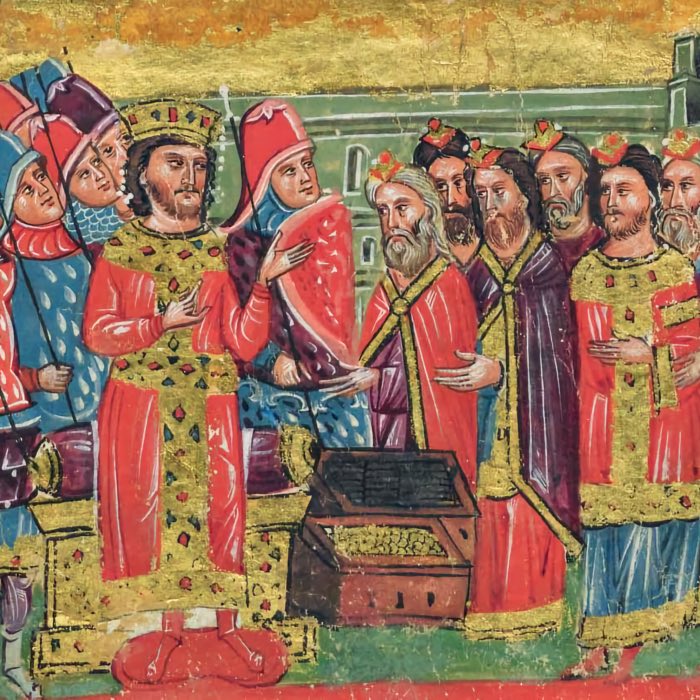
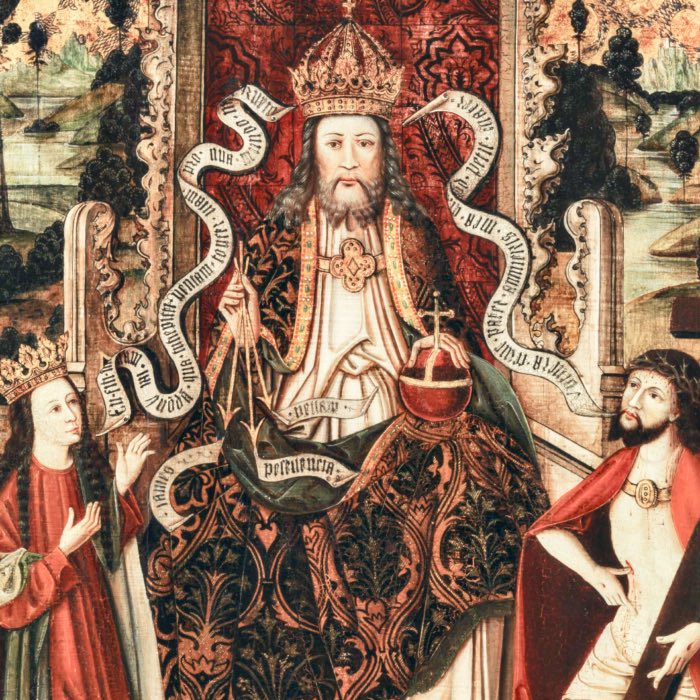
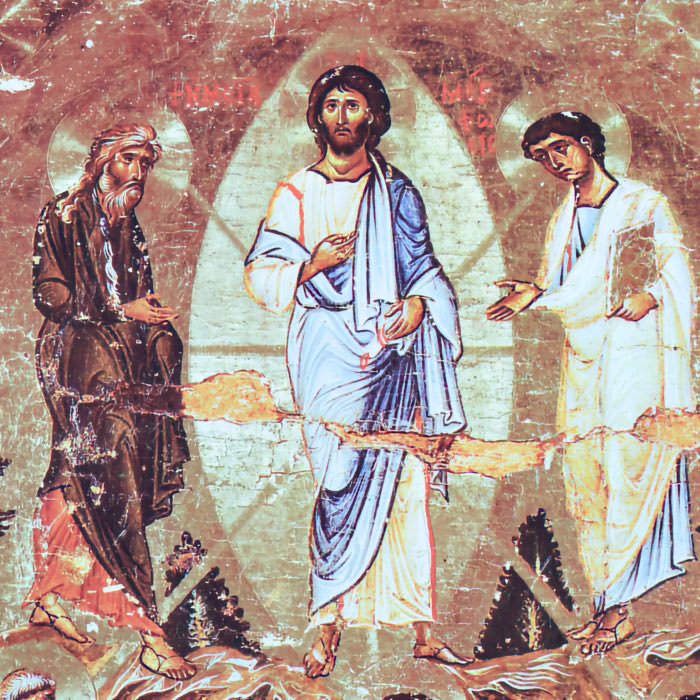
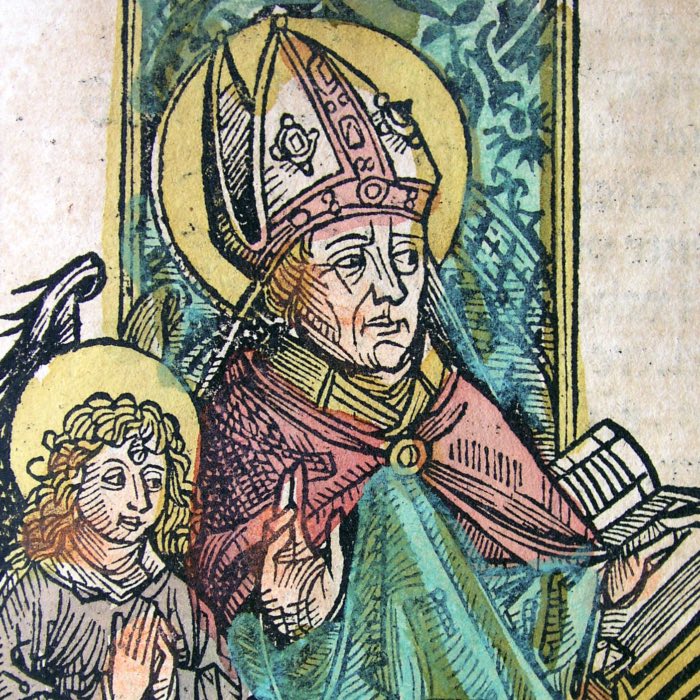
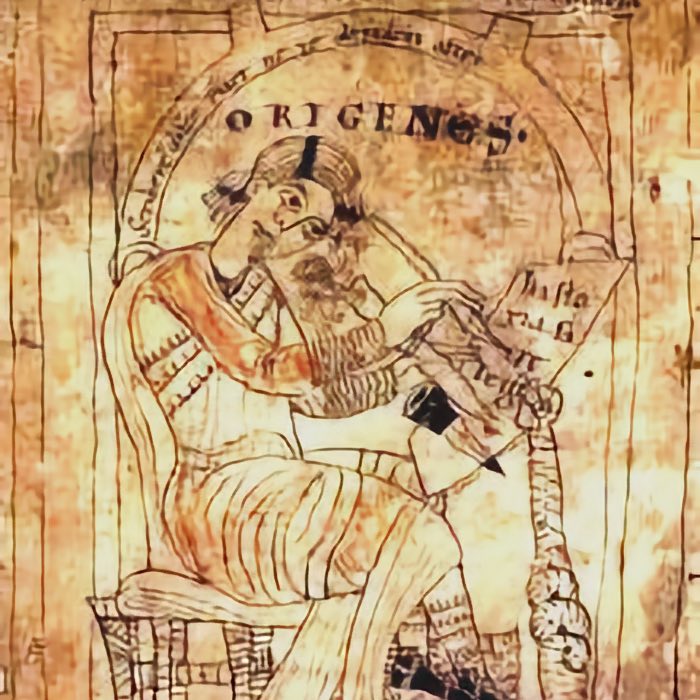


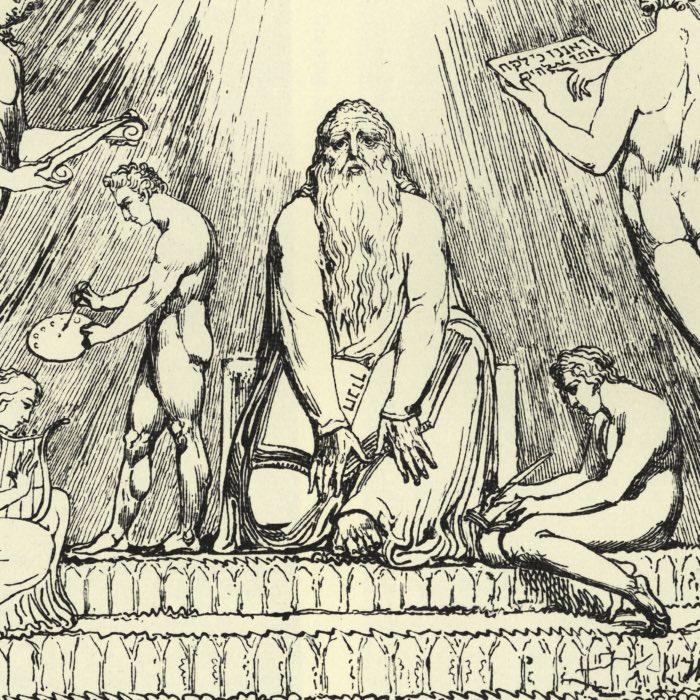
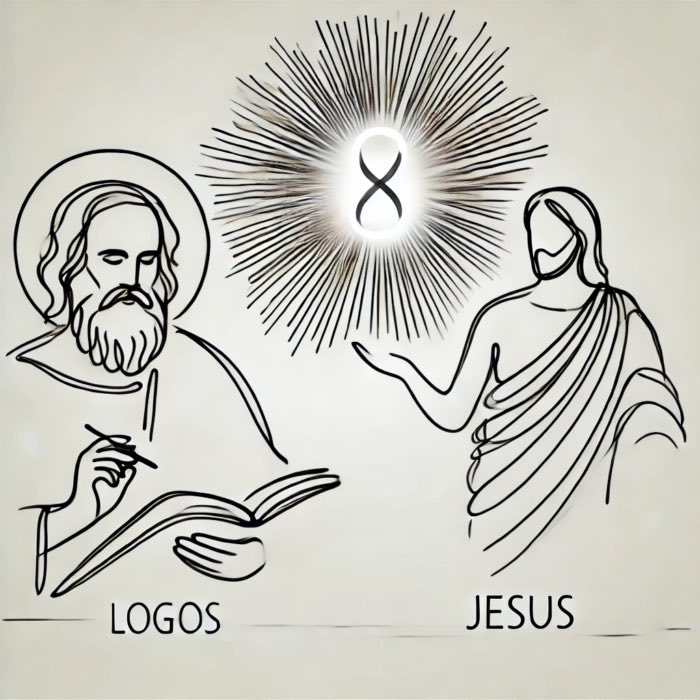
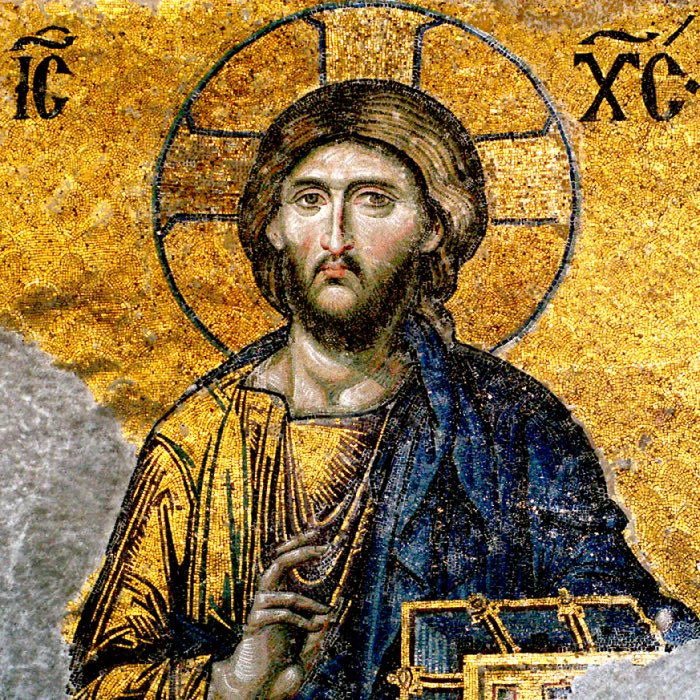
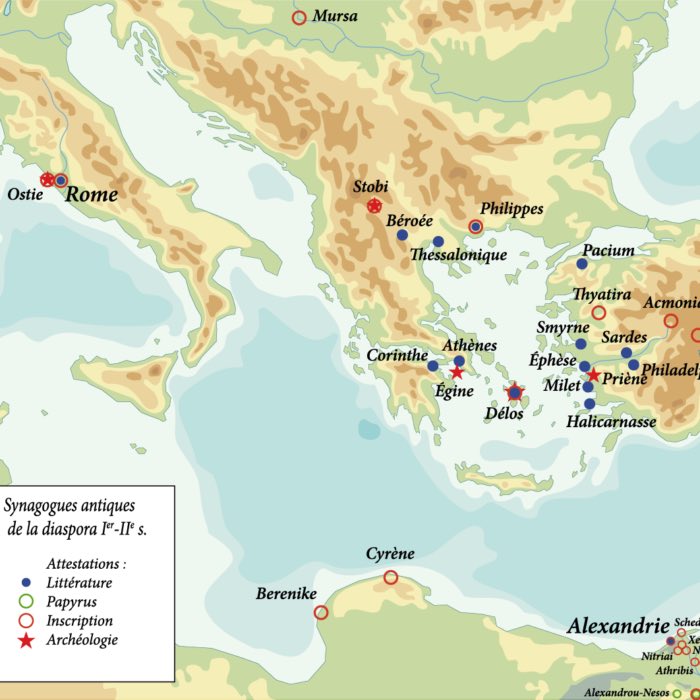
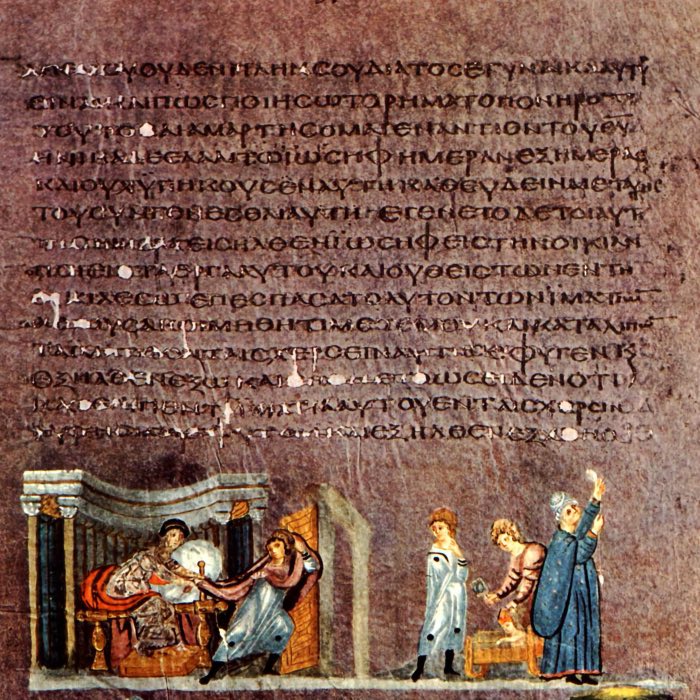
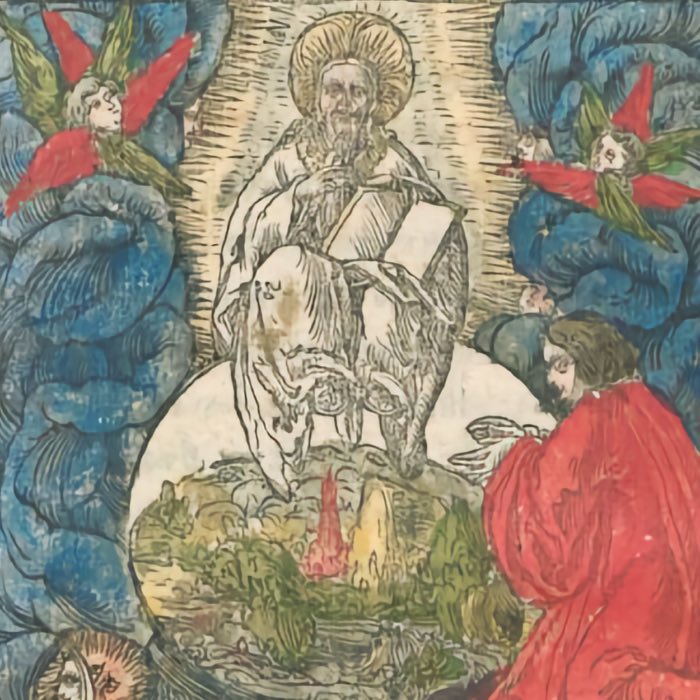

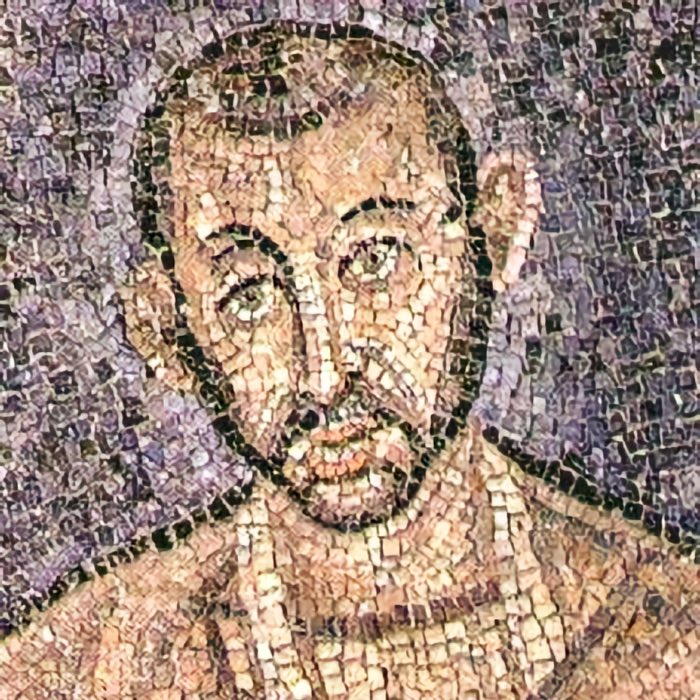
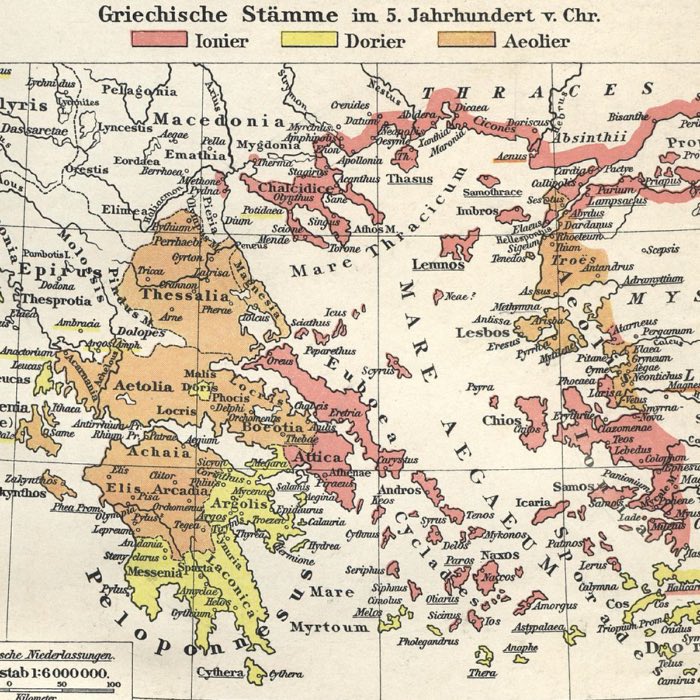



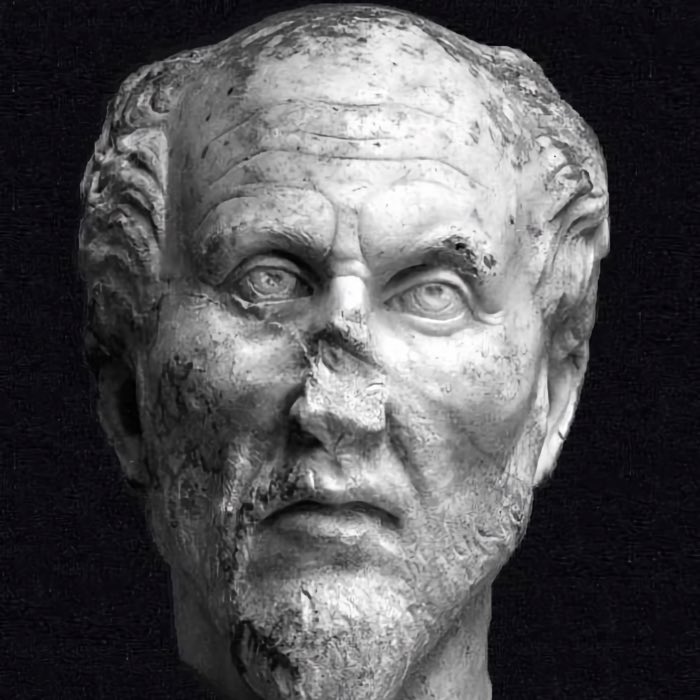
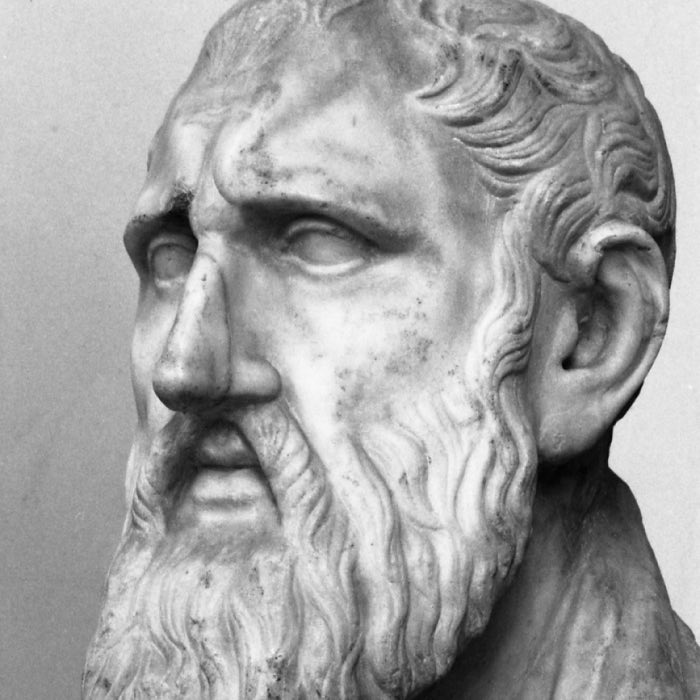

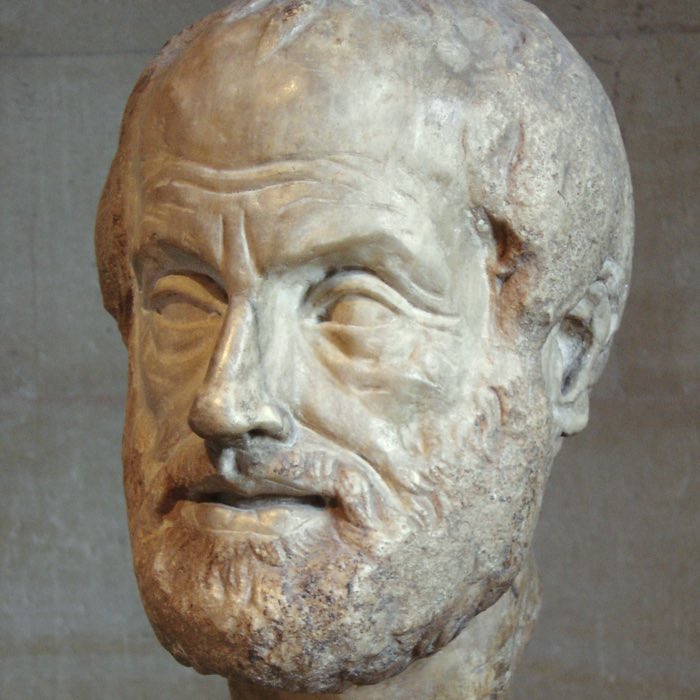
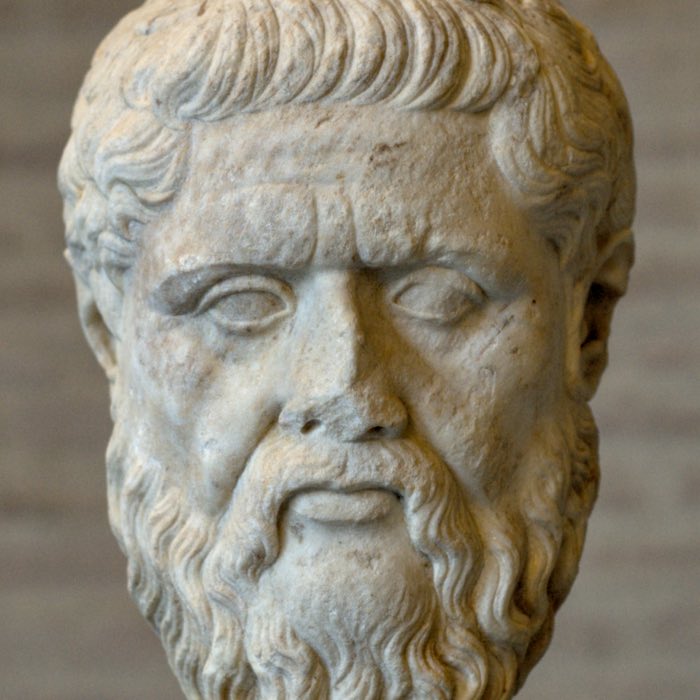
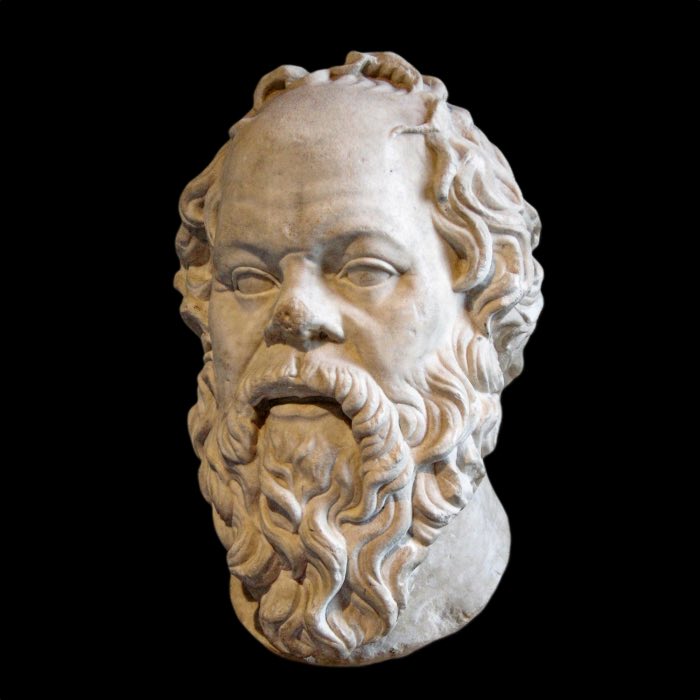
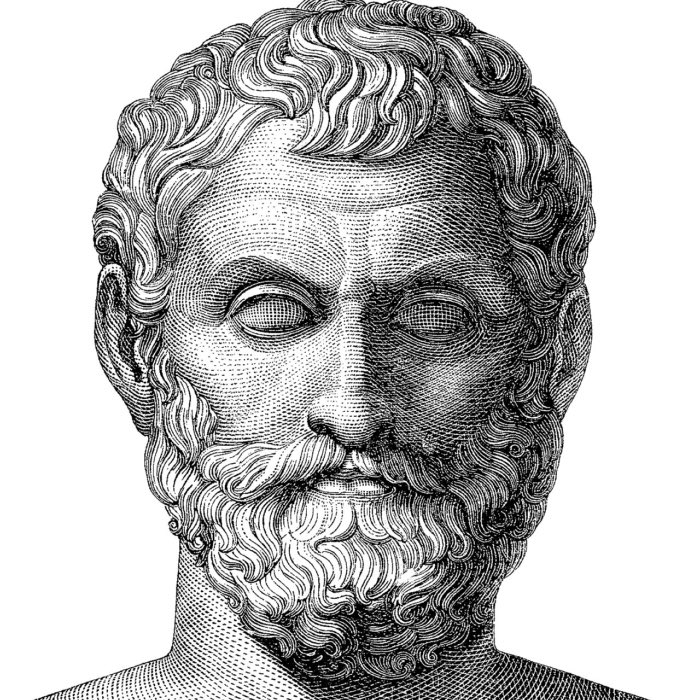
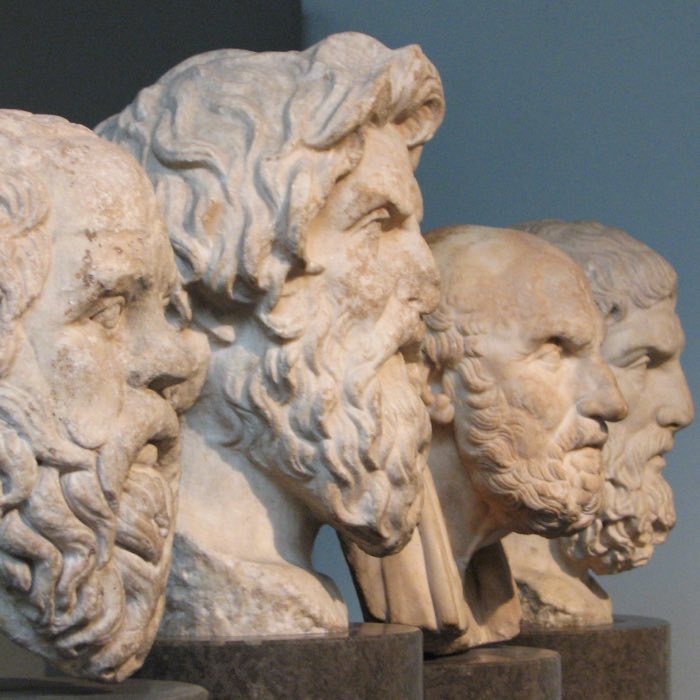
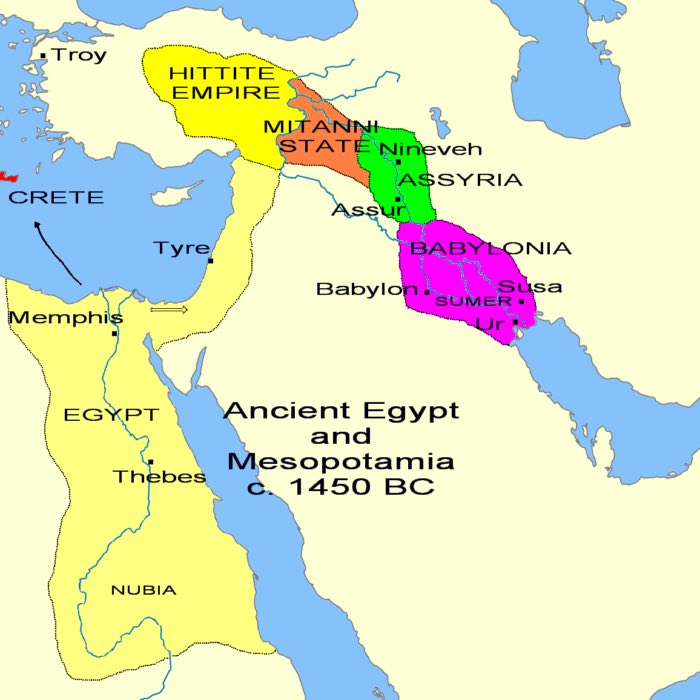








comments